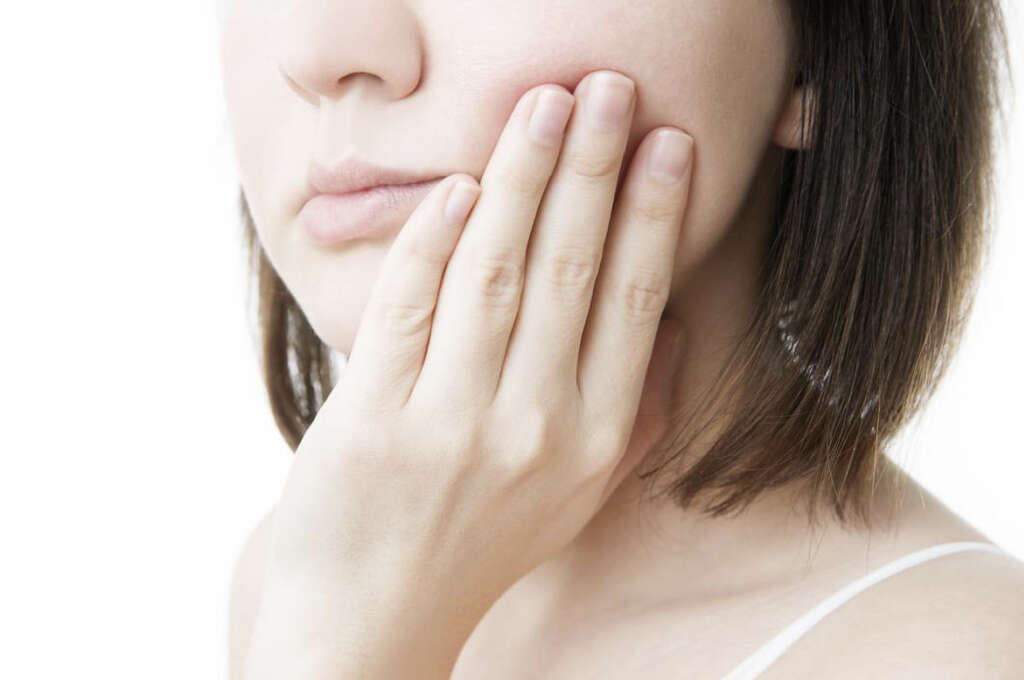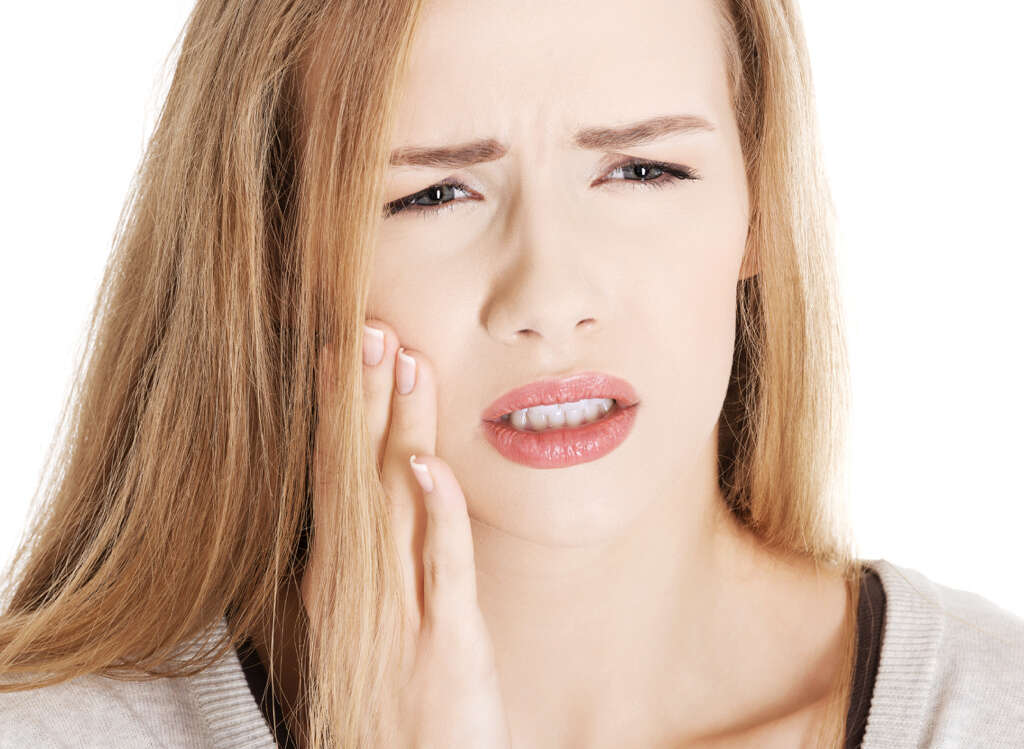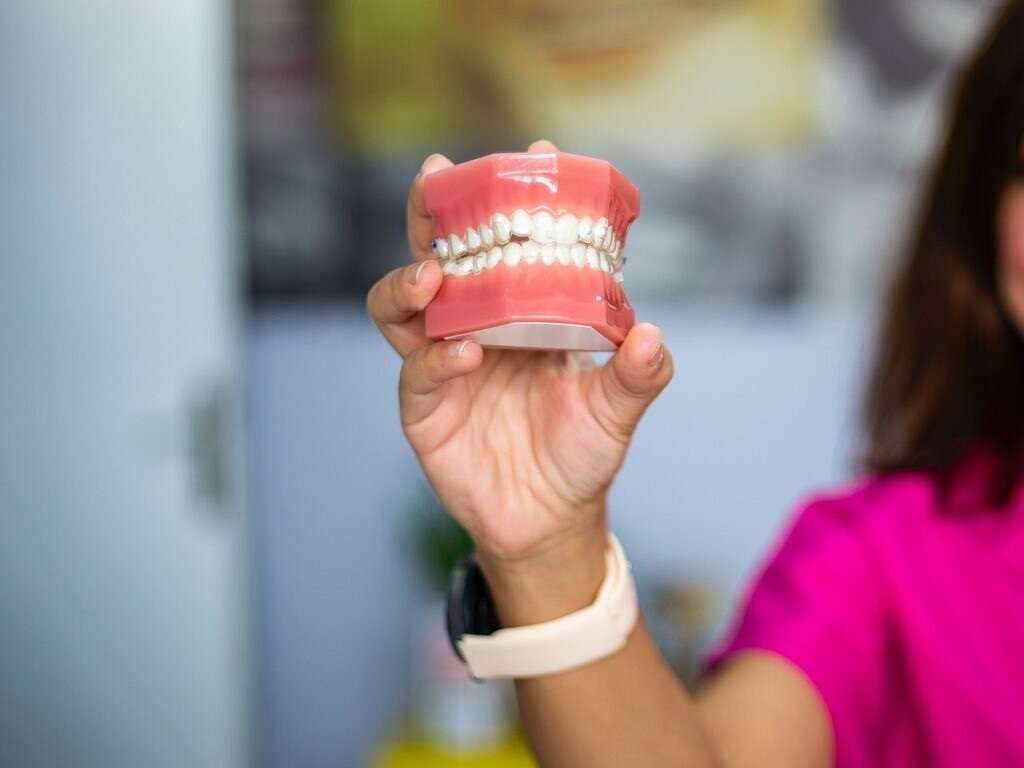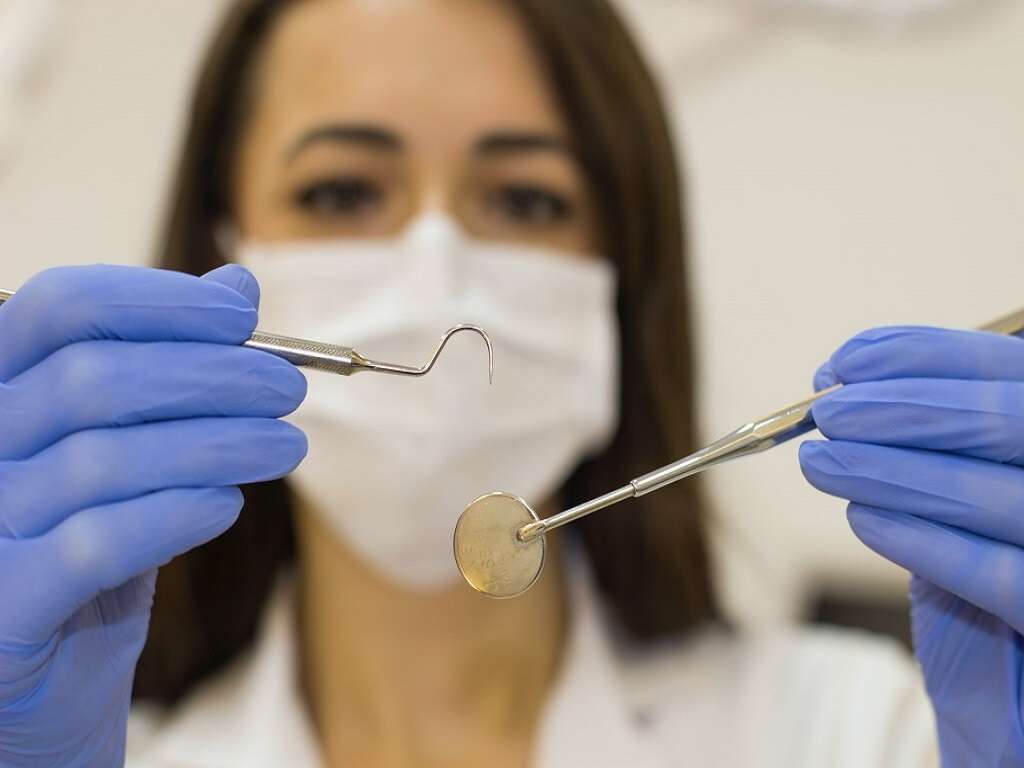What Is Burning Mouth Syndrome?
Our mouths are quite sensitive on the inside. They are made from very soft, delicate tissues and one false move can cause us quite considerable pain. They are also sensitive in different ways in that they help us to taste our food. While this sensitivity is beneficial for us overall, it can be too sensitive for some people.
Burning mouth syndrome is a condition where the patient feels a burning sensation in their mouth. The severity of the symptoms can range from person to person, and treatment for the condition will also vary from case to case. It is not dangerous in itself, but it can lead to dangerous complications.

1. Primary Burning Mouth Syndrome
There are two main types of burning mouth syndrome, one of which is primary burning mouth syndrome. It is also sometimes known as idiopathic syndrome. Primary burning mouth syndrome means that medical professionals are not able to find an underlying cause of the condition.
It is unclear why this happens, but research has shed some light on some possibilities. One possibility is that the condition is down to some sort of abnormality with the nerves in the mouth and tongue. Whereas these nerves will usually allow the patient to feel and taste, they might also send the wrong messages to the brain, thus causing the burning sensation.

2. Secondary Burning Mouth Syndrome
The other type is secondary burning mouth syndrome. In these instances, the disease is caused by a medical condition that can be identified. This is beneficial in a sense because, in many cases, medical professionals will know how to treat the condition, albeit by treating the underlying cause.
Even in cases where the underlying causes cannot be cured, they can still often be treated to help limit the severity of the symptoms. Regardless of the cause, burning mouth syndrome is a condition that can be very uncomfortable for the patient. It can also go on to cause some potentially serious complications.

3. Causes
As mentioned, the cause of primary burning mouth syndrome is unclear. It might be down to injury to the nerves in some cases. There are several potential causes of secondary burning mouth syndrome that can be identified, however. One of these is xerostomia, which is a dry mouth.
Some vitamin or mineral deficiencies can also be a cause of burning mouth syndrome, and some fungal infections can also be to blame. Some medications can also cause it, while some allergic reactions are another potential reason. Dental appliances are also sometimes to blame, and certain dental/oral practices can also cause a burning mouth.

4. Symptoms
As the name suggests, people with burning mouth syndrome will typically experience a burning sensation in their mouths. It will usually affect the tongue, but it can also affect other parts such as the gums, lips, palate, and throat. It will burn the entire mouth for some patients.
In addition to the burning sensation, patients will also sometimes experience numbness or tingling.
A dry mouth is also common, and patients will often feel thirsty more often than usual. Some patient will find there is little pain in the morning only for it to get worse through the day. Some will find it comes and goes, while for others it will be burning all day long.

5. Risk Factors
Some people are more likely to have burning mouth syndrome than others. For example, women are more likely to develop it then men are. This is especially those that are approaching menopause or have just been through menopause. It is also more likely to affect people older than 50 years. Certain medical factors also make it more likely that some people will develop burning mouth syndrome.
This includes people with some allergies, while some medications can also be a contributing factor. Other causes include conditions like Parkinson’s disease, neurological disorders, and some autoimmune conditions. Stress, anxiety, and depression can also contribute to the condition.

6. Complications
The symptoms of burning mouth syndrome can be very uncomfortable, but they are not usually dangerous in themselves. However, the discomfort they do cause can result in some potentially dangerous complications for the patient. One of these is that the patient can suffer from malnutrition because it is difficult for them to eat.
The pain can also make it difficult for people to get to sleep, and this can cause real problems in their personal and professional lives. Some people will also develop anxiety disorders, and depression is another possibility. Depression has the ability to take lives, so it should be treated very seriously.

7. Prevention
There is no known way to completely prevent cases of primary burning mouth syndrome. The condition can come on for no apparent reason and without warning. However, patients can take steps to help prevent the symptoms from becoming too uncomfortable for them. Some of the cases of secondary burning mouth syndrome can be prevented, however.
Preventing the secondary condition can be achieved by preventing the underlying cause where possible. For example, avoiding certain oral habits may prevent burning mouth syndrome from developing. Many of the underlying causes cannot be prevented, however, meaning that by extension, the syndrome can also not be prevented.

8. Diagnosis
Your doctor will likely ask you about your symptoms and ask about your medical history. There is no sure way to confirm burning mouth syndrome, but a process of elimination can help to rule out other possibilities. This will likely require some tests in addition to a brief physical examination.
A blood sample may be taken that can be used to help look for signs of other diseases, and swabs may be taken from the mouth to look for signs of an infection. Allergy tests may be requested and the patient’s saliva can also be tested. The patient’s medication may also be adjusted, and an improvement in their condition can help clarify what the cause is.

9. Treating Primary Burning Mouth Syndrome
With the cause of primary burning mouth syndrome unknown, there is no way to treat the condition. Instead, the patient will need to focus on trying to manage their symptoms instead, and what works will vary from person to person. It can take some trial and error to know what works – if anything.
Some people will find that certain natural painkillers work, and certain oral rinses might be able to help. Other medications including certain painkillers, anticonvulsants, and antidepressants can also be effective. People should always be careful when using medication, however. Some people will find that therapy can help them to cope with the symptoms better.

10. Treating Secondary Burning Mouth Syndrome
If an underlying cause can be identified, then treating this cause may also treat secondary burning mouth syndrome. This will be very difficult to do in some cases, depending on what the underlying cause of the condition is. More fortunate patients will find that treating the cause is actually quite simple.
For example, if the underlying cause is determined to be a vitamin deficiency, then supplements will hopefully be enough to clear up the problem. In many cases, however, more intensive medication may be needed, and it may be all but impossible to treat the underlying cause in some cases.












